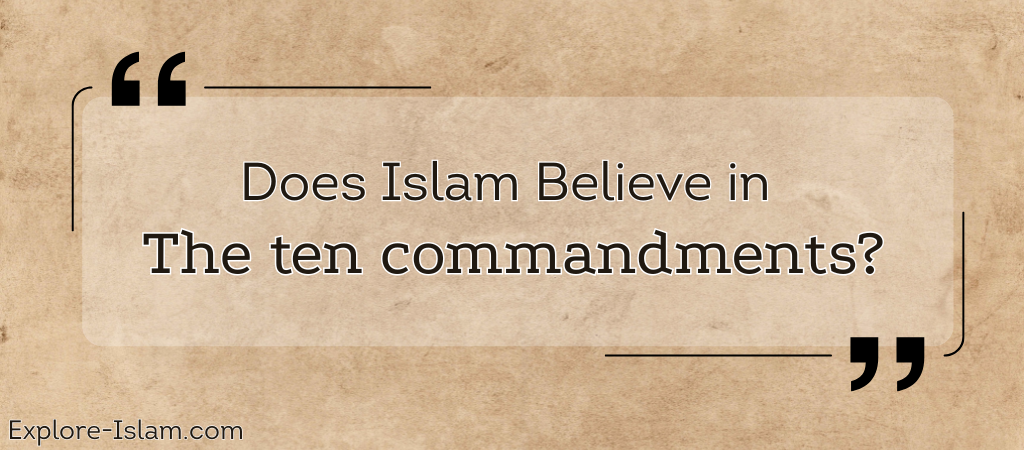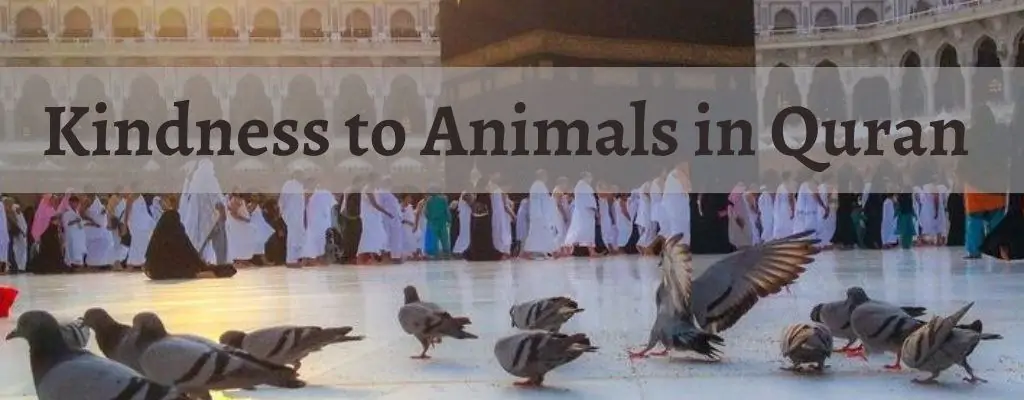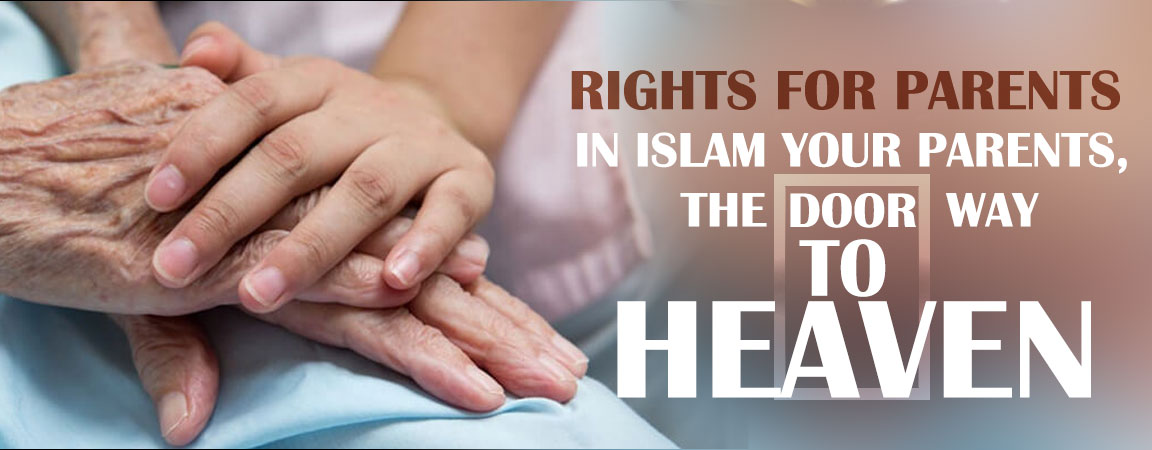Can you describe your feeling when you hear some good words? Happy, full of joy, motivated, right? What about your feeling when you hear some bad words? Sad, full of depression, despaired, right? To what extent words work like magic! So please everyone take care of all your words, it may break someone’s heart or it may keep someone’s spirit.
Did you think before about the impacts of bad words including verbal abuses, harsh criticism, or mocking? Let’s come up with some of their negative effects.
-
Bad words have bad effects on all genders and all ages at physical and psychological levels.
-
A study of physical health [1] shows that: Verbal abuse is strongly associated with chronic pain, migraine and frequent headaches, stammering, ulcers, spastic colon, and frequent indigestion, diarrhea, or constipation along with many stress-related heart conditions.
-
The psychological effects of verbal abuse include: fear and anxiety, depression, stress and PTSD, intrusive memories, memory gap disorders, sleep or eating problems, hyper-vigilance and exaggerated startle responses, irritability, anger issues, alcohol and drug abuse, suicide, self-mutilation, and assaultive behaviors.
Moreover, victims of verbal abuse may: -
Have difficulty forming conclusions and making decisions.
-
Feel or accept that there is something wrong with them on a basic level.
-
Analyze and relive abusive experiences to see where they made mistakes.
-
Doubt their ability to communicate.
-
Experience self-doubt, low self-confidence, and lose spontaneity and/or enthusiasm.
How does Islam deal with words?
In Islam, there are too many principles for word. Islam understands that a word has many perspectives to care for when you utter it. In Islam, you should take into consideration that a word is like a double-edged sword, it may kill or save.
1- God said:
“Man does not utter any word except that with him is an observer prepared [to record]. When the two receivers receive, seated on the right and on the left.” [Quran.com/50/18]
This verse is one of the essential verses that shows that man is responsible for any word he/she utters as every word is recorded by God’s angels and man will be held accountable for them at the Day of Judgment. Being asked for these words is a reminder not to hurt, not to insult, not to laugh at anyone, and to be kind enough or to stop talking and to keep silent; for your own good first and for people’s hearts second.
2- God said also:
“And speak to people good (words)” [Quran.com/2/83]
3- Prophet Mohammad (peace be upon him) said :
“And the good word is a charity.”
[al-Bukhari]
This Prophet’s saying shows that your good words that soften people’s hearts are charity. So, say good words as much as you can to get God’s rewards for this simple good deed.
4- In Islam, racial abuse is totally prohibited. Look at this story, Ma’rurb Suwaid reported: I saw Abu Dharr wearing clothes, and his slave wearing similar ones. I asked him about it, and he narrated that he had abused a person during the lifetime of Prophet Muhammad and he reproached him for his mother. That person came to Prophet Muhammad and made mention of that to him. Thereupon the Prophet said:
“You are a person who has (remnants of) Ignorance in him. Your slaves are brothers of yours. Allah has placed them in your hand, and he who has his brother under him, he should feed him with what he eats, and dress him with what he dresses himself, and do not burden them beyond their capacities, and if you burden them, (beyond their capacities), then help them.”
5- Islam is also against mocking or making fun of anyone because Islam understands that these bad behaviors affect people negatively. Look at this verse, God says,
“O you who have believed, let not a people ridicule [another] people; perhaps they may be better than them; nor let women ridicule [other] women; perhaps they may be better than them. And do not insult one another and do not call each other by [offensive] nicknames. Wretched is the name of disobedience after [one’s] faith. And whoever does not repent – then it is those who are the wrongdoers.” [Quran.com/49/11]
This verse reflects to what extent Islam cares for human’s emotions and realizes the power of a word. It teaches us not to belittle anyone because he/she may be better than us before God. And that superiority or Inferiority depend upon your good or bad deeds not upon your shape, color, race or social status. So, making fun of people has no place in Islam.
To conclude, Islam teaches humanity to take care of their words and take into consideration that people’s feelings are so valuable. So be human enough; say good words and avoid negative ones.
References:
[1] Effects of Verbal Abuse on Children, Women and Men, Kellie Holly, healthyplace.com. 26 May 2016.










